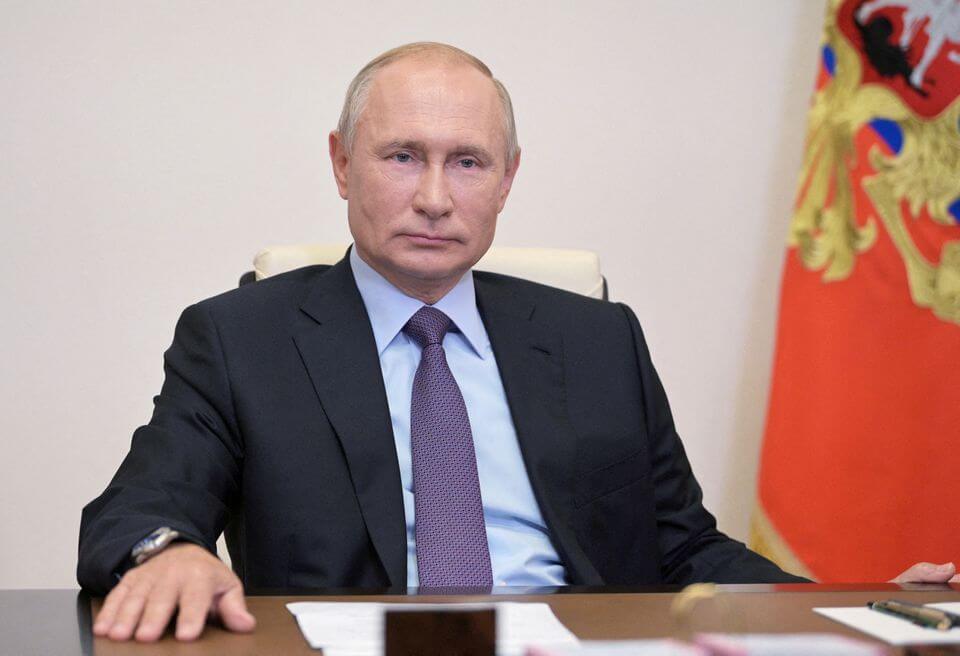On Friday, Russian President Vladimir Putin implemented a new law that allows the government to impose criminal charges on individuals who spread “fake” news about Russian military activity in Ukraine. Russia’s media watchdog, Roskomnadzor, announced a host of new restrictions, particularly on Britain’s BBC News and United States (US)-headquartered social media platform Facebook. The move has prompted several Western media organisations, such as Bloomberg News, to shut down their operations in Russia; Chinese-owned social media giant TikTok also suspended Russian content from its platform in response.
2/ In light of Russia's new ‘fake news’ law, we have no choice but to suspend livestreaming and new content to our video service while we review the safety implications of this law. Our in-app messaging service will not be affected.
— TikTokComms (@TikTokComms) March 6, 2022
Under the new law, individuals could face up to 15 years in jail or fines worth 700,000 to 1.5 million rubles ($6,500-$14,000), among other punishments, for publicly spreading “false information” about the Russian invasion of Ukraine. The legislation enables authorities to penalise civilians and journalists for calling the conflict a “war” instead of a “military operation.” The lower house of the Russian Parliament, the Duma, warned that those found guilty could face up to 15 years in prison if their statements lead to “serious consequences.”
Duma Chairman Vyacheslav Volodin said the law aims to target individuals who “lied” and made discrediting statements about Russian armed forces. Russian lawmakers claim that the US and its European allies are carrying out an extensive misinformation campaign against the country in an attempt to turn the Russian public against its government. Furthermore, the Russian Foreign Ministry has accused the Western media of fomenting anti-Russian sentiments while overlooking Washington’s own involvement in foreign wars, such as Iraq.
After the law was passed, several local and international news outlets announced the reduction or termination of their operations. BBC Director-General Tim Davie accused the Russian government of criminalising the process of independent journalism and announced the organisation’s temporary suspension of operations in Russia. The BBC also made it clear that it is not “pulling out” journalists from Russia but rather taking the time to analyse how the new law impacts its journalism practices in the region.
Meanwhile, Bloomberg’s Editor-in-Chief, John Micklethwait, remarked that the new law “makes it impossible to continue any semblance of normal journalism inside the country.” Other media outlets such as ABC News, CNN International, and Canadian Broadcasting Corp. also shut down their operations in Russia, adding to the growing list of Western news organisations that are withdrawing from Russia.
Additionally, on Friday, Dmitry Muratov, the Noble Peace Prize-winning editor of Russia’s Novaya Gazeta newspaper, confirmed the removal of material regarding the Russian military from its website due to the “threat of criminal prosecution.” Muratov stressed, however, that Novaya Gazeta will continue to report the negative consequences that the Russian people are facing as a direct result of the government’s involvement in Ukraine.
anti-war protests in Moscow today; people chanting "No To War!" newly passed legislation (signed into law on Saturday) makes it crime to call Russia's invasion of Ukraine a "war"-- or an "invasion" for that matter. (source: https://t.co/HyElpDZptg) pic.twitter.com/GFQ3GMcgZN
— Mike Eckel (@Mike_Eckel) March 6, 2022
Russia’s crackdown on media comes against the backdrop of several anti-war protests across the country. On Sunday alone, Russian authorities arrested over 4,500 protesters across 56 different cities who could now face criminal charges under the new law.

